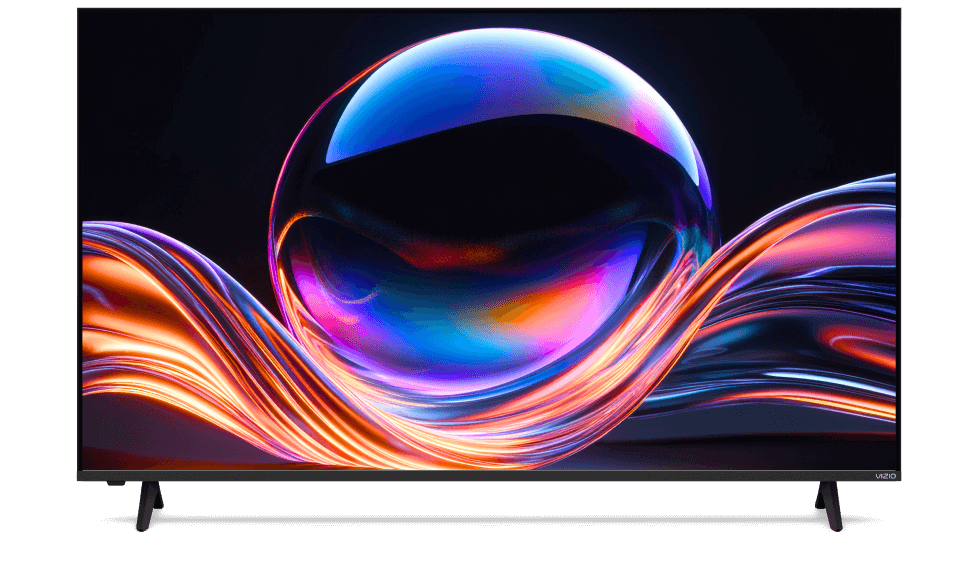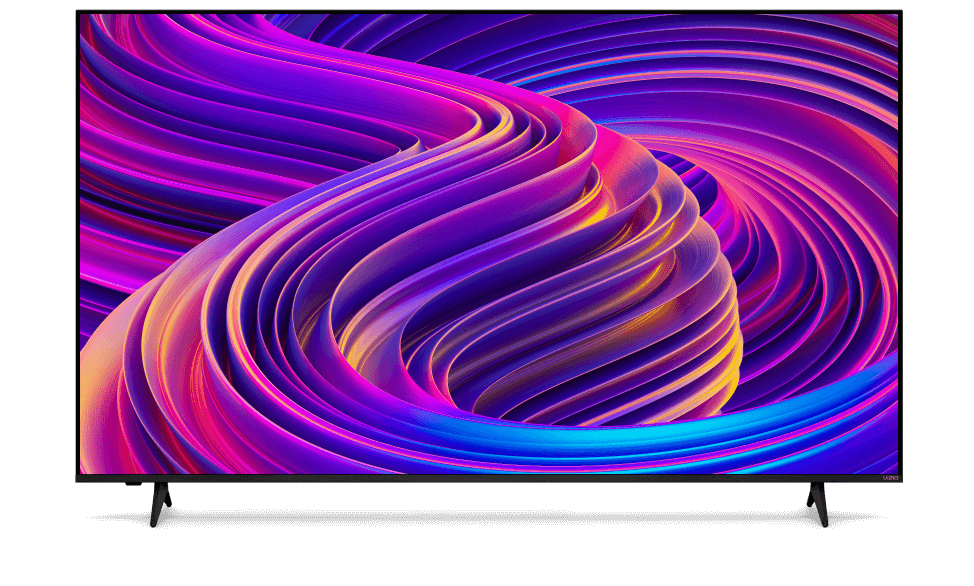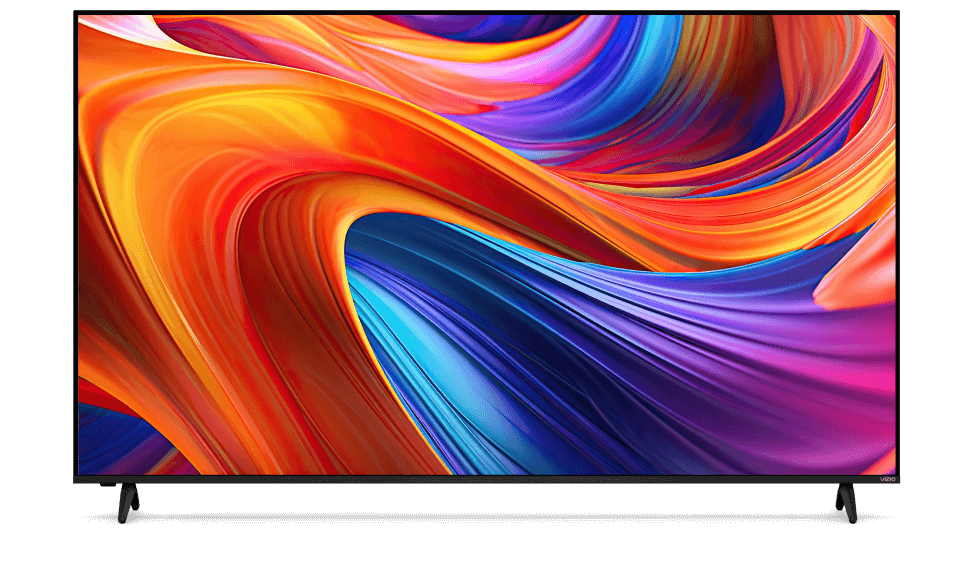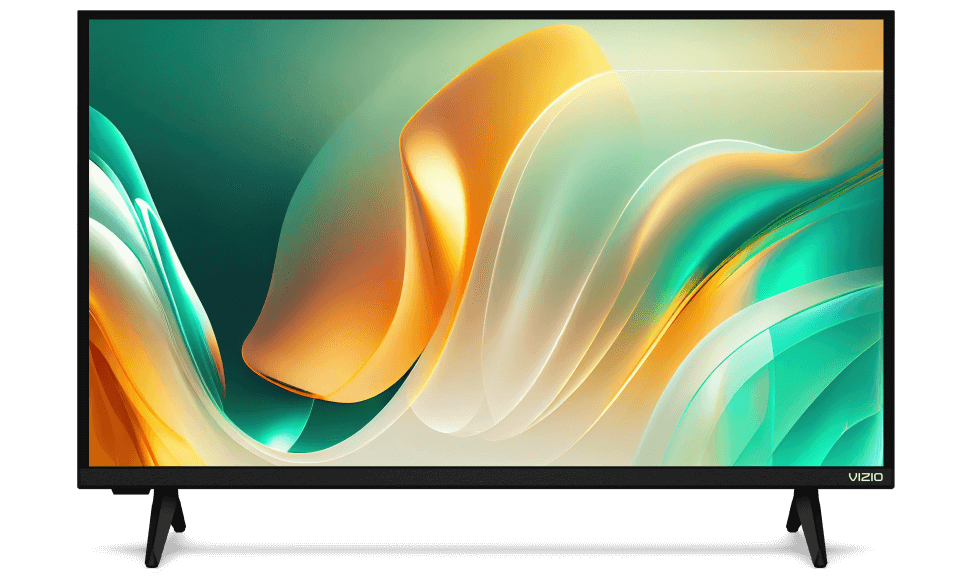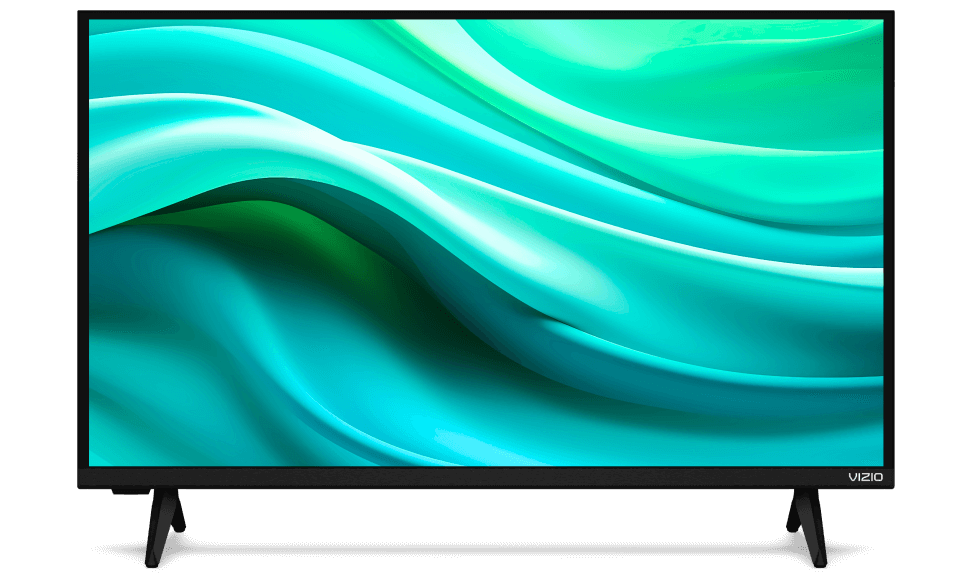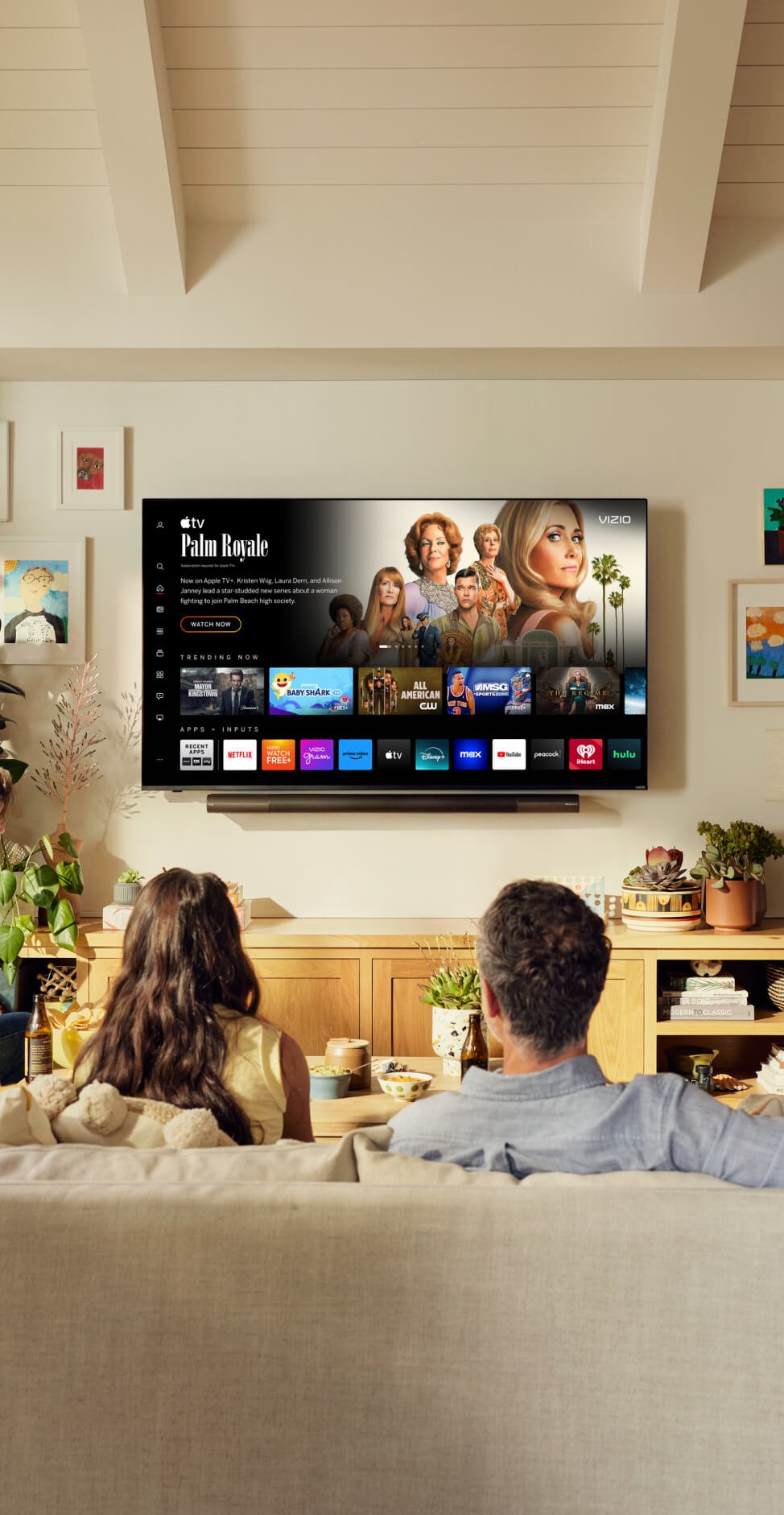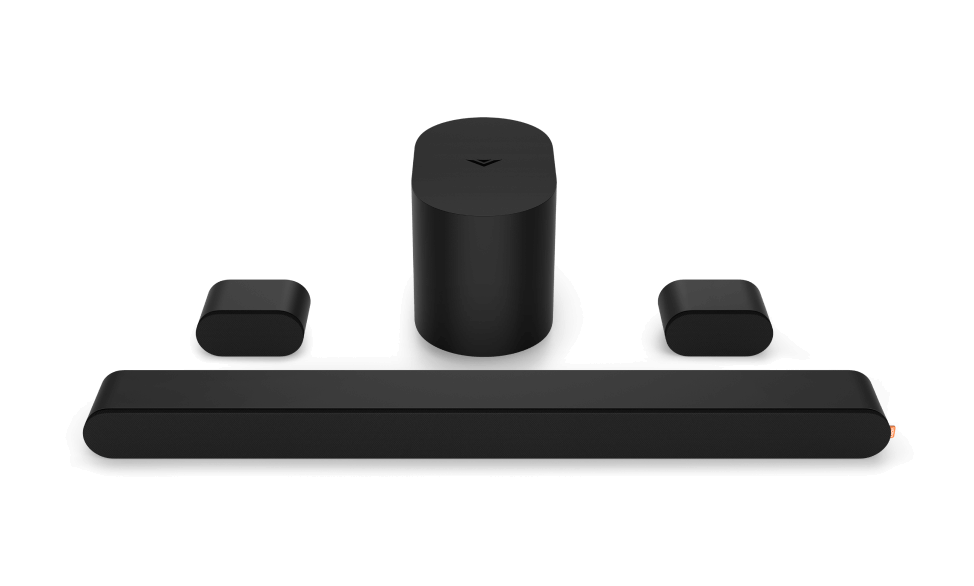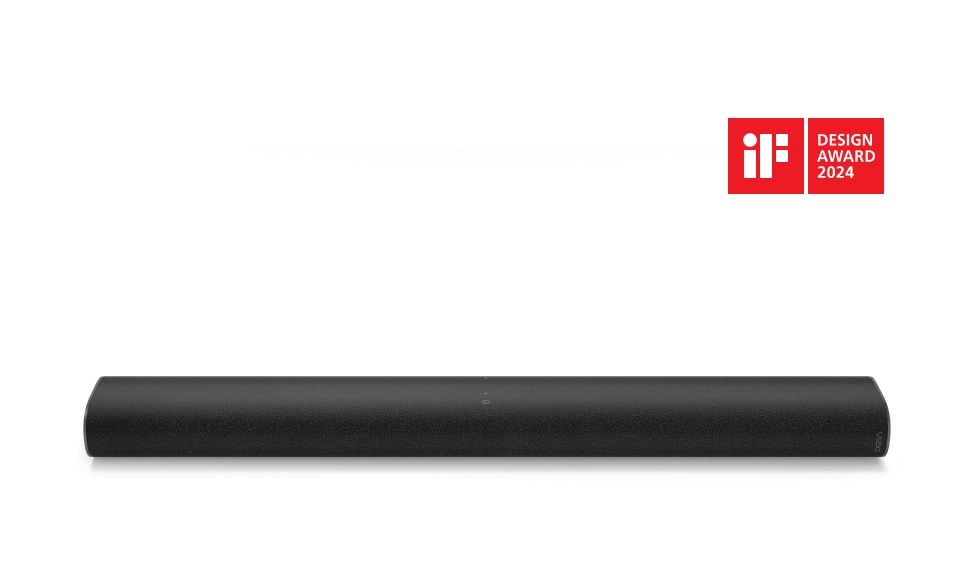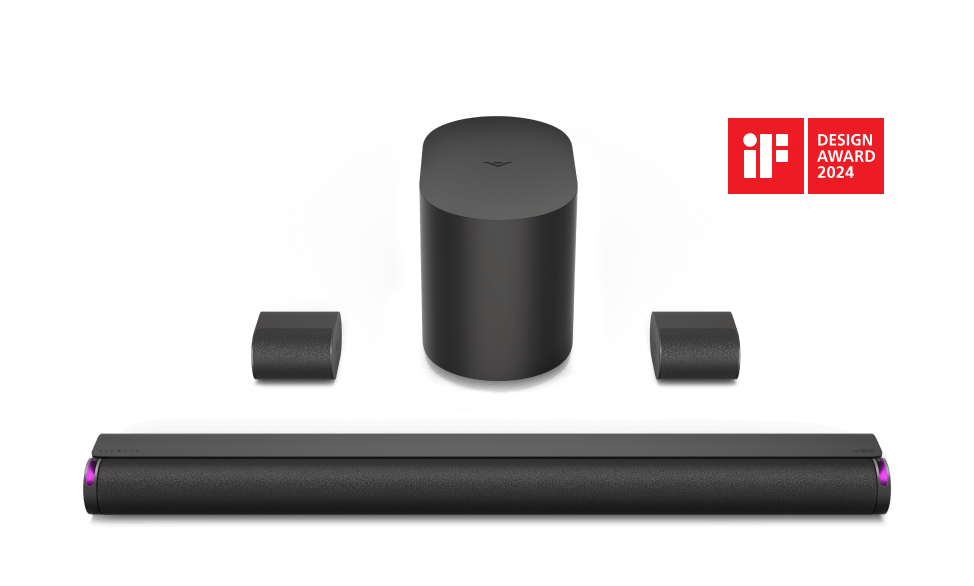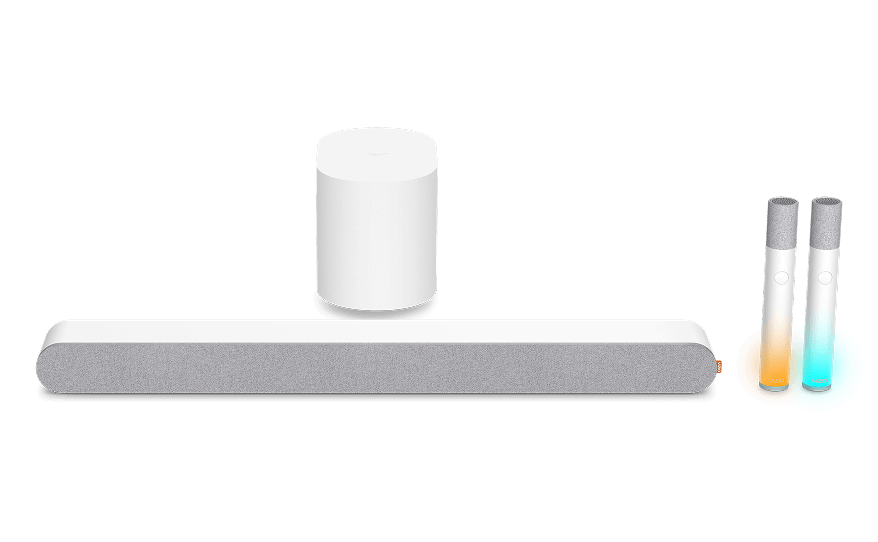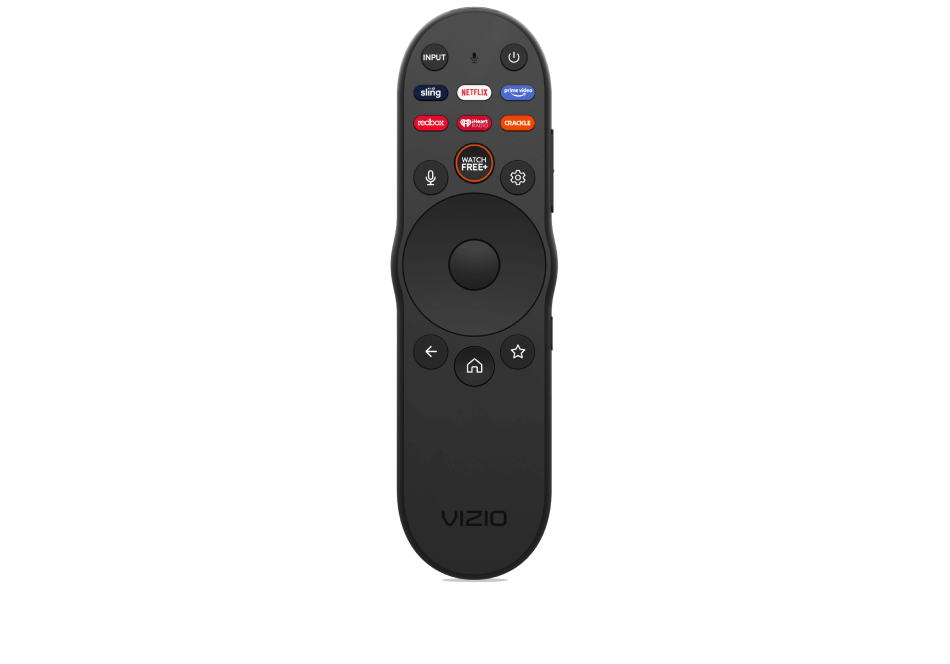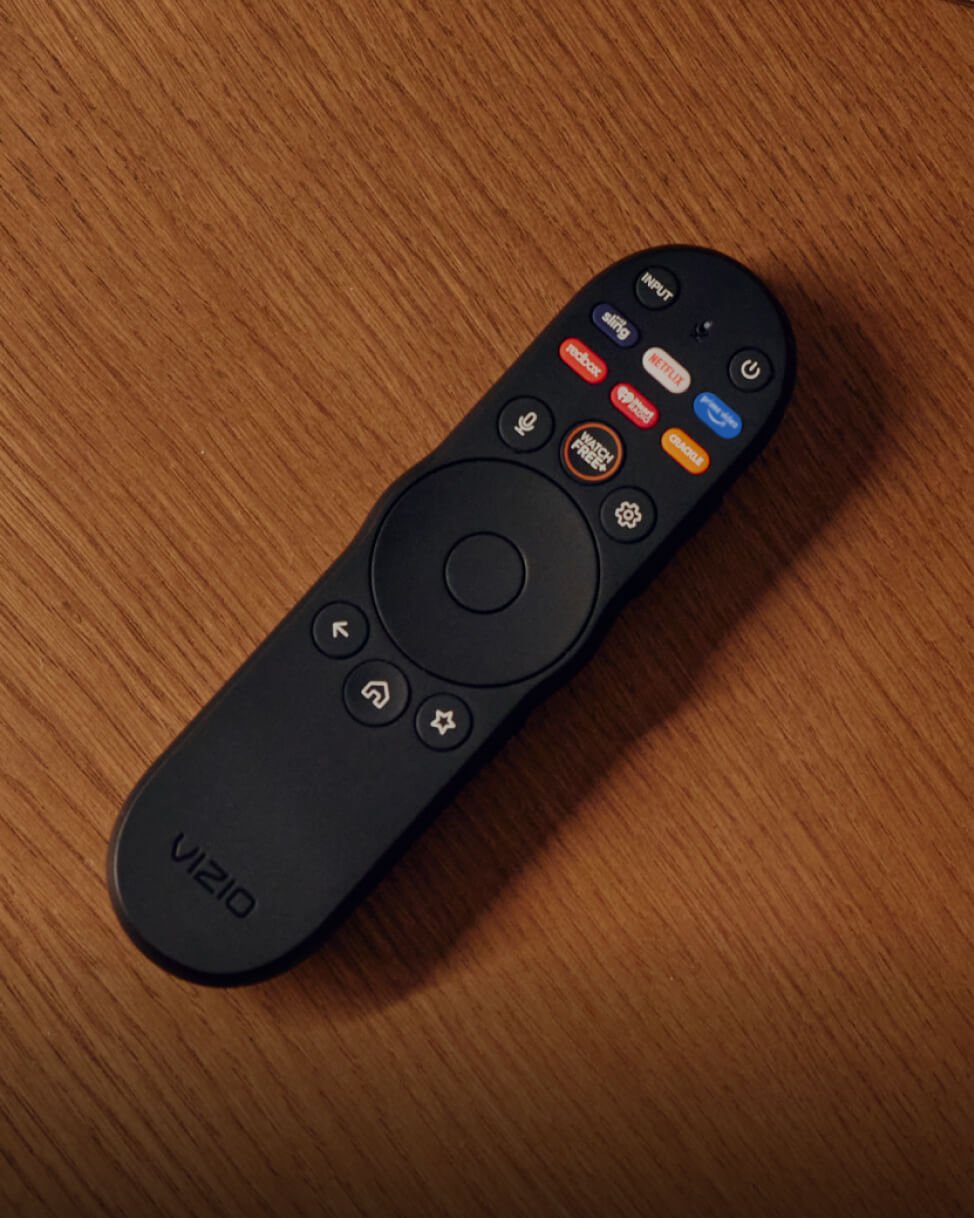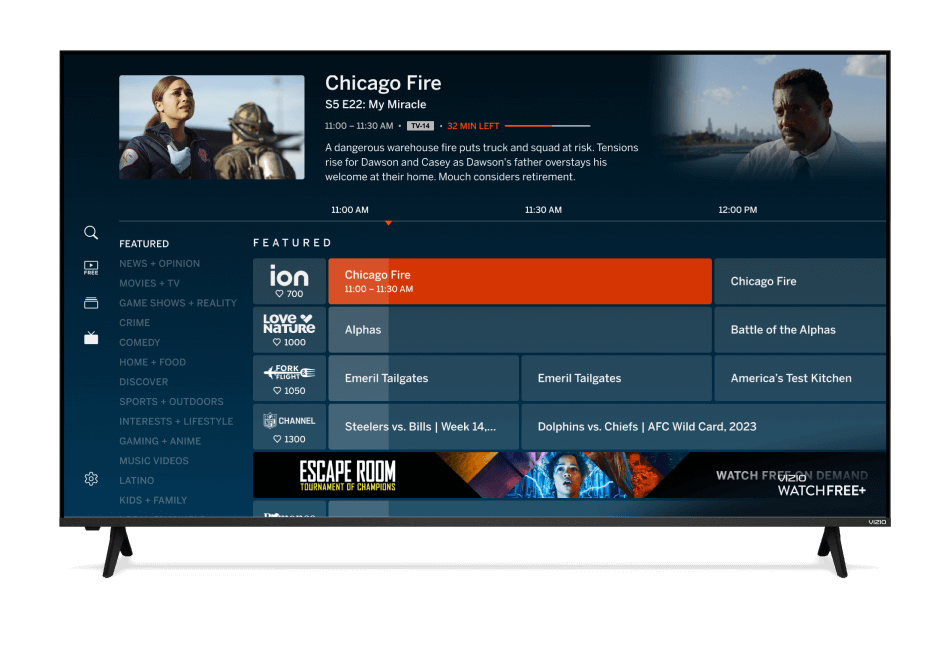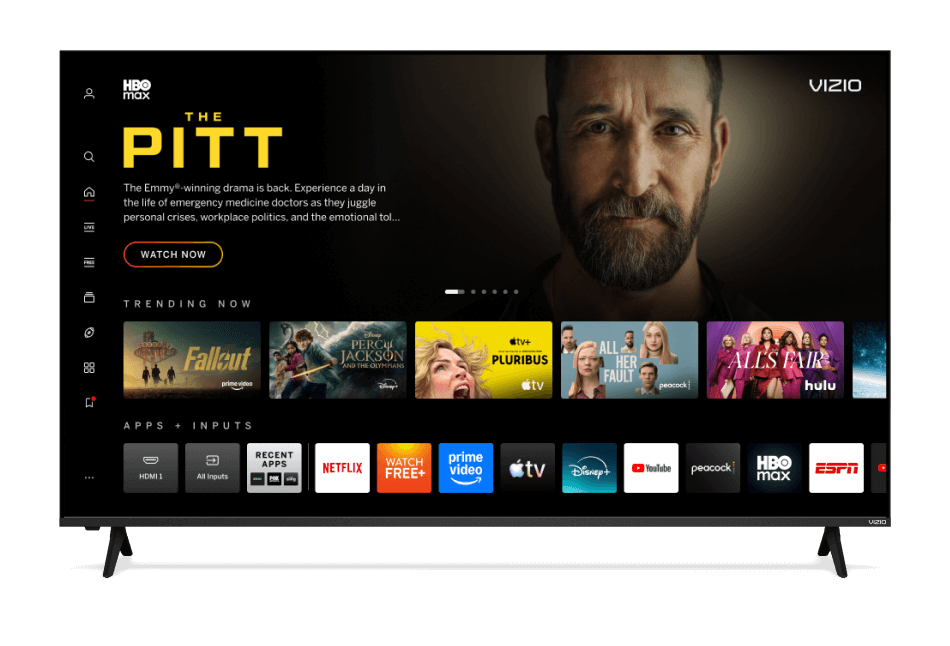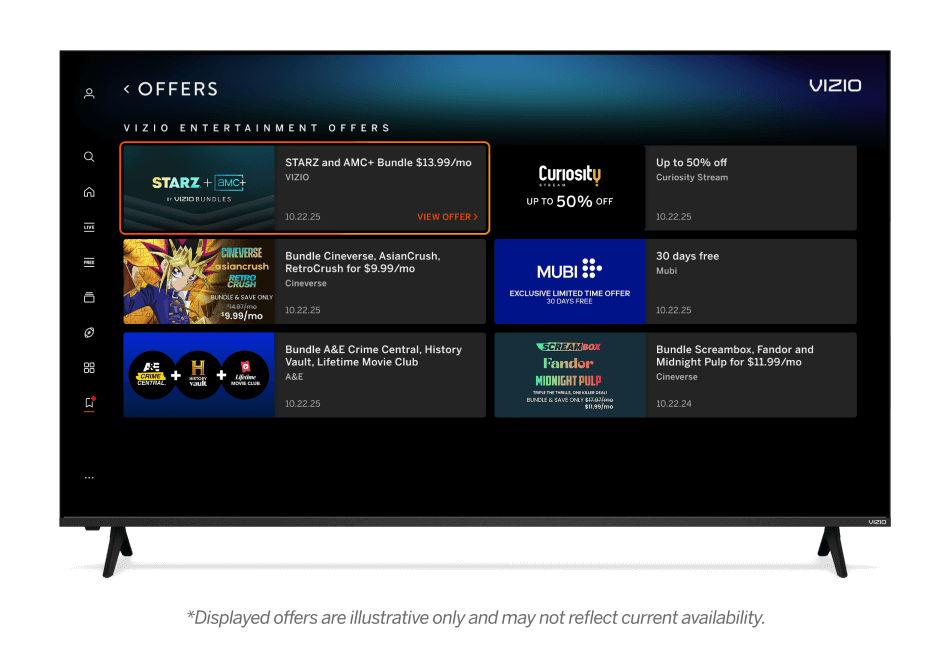Electronics industry fights proposal to regulate TV energy use
The Oakland Tribune - Inside Bay Area
By: Dana Hull
October 26, 2009
California's effort to regulate the energy efficiency of televisions has sparked an enormous backlash from the electronics industry, which is banking on consumers' love affair with large and multiple TV sets to defeat the proposal.
A newly formed coalition called Californians for Smart Energy, which represents small home theater businesses and larger electronics manufacturers, is fighting hard against the proposed regulations.
"Do you really want unelected bureaucrats telling you what kind of TVs you're allowed to buy?" asks the group's Web site.
California has 35 million televisions — about one for every resident of the state. The California Energy Commission, which could vote on the proposal as early as Nov. 4., says that TVs, as well as DVD players and cable boxes, now consume about 10 percent of a typical home's electricity. But the amount of electricity that TVs suck from the power grid is rising because of the growing popularity of power-hungry flat-screen LCD and plasma TVs, and because many households have more than one television.
The proposed standards would apply only to new TVs with a screen size of 58 inches or less sold in California after Jan. 1, 2011.
The love affair between Americans and their televisions is well-documented. Nielsen Media Research has found that the average American home has more television sets than people; half of all homes have three or more TVs. And a study by the Kaiser Family
Foundation found that one in four children under the age of 2 has a television set in their bedroom.
The Consumer Electronics Association argues that the new regulations are unnecessary and will limit consumer choice.
"The television is the hearth of the modern home," said Doug Johnson, senior director of technology policy for the CEA, who flew to Sacramento from Washington to lobby against the proposed regulations last week. "If you turn off your lights to watch TV or a movie, you're probably saving more energy than the TV consumes."
Johnson and others also argue that the regulations, if approved, will cost California jobs and much-needed dollars as consumers rush to Nevada or online retailers to buy the TVs they want.
Adam Gottlieb, a spokesman for the energy commission, dismissed the notion as nothing more than scare tactics.
"If you take a road trip to Reno, you'll be able to buy a TV that costs you more money in your utility bill," said Gottleib. "Why would someone go out of their way, and spend gas that costs $3 a gallon, to buy an inefficient television?"
The American Council for an Energy Efficient Economy ranks California as the most energy-efficient state in the country, a reputation Sacramento is largely proud of. The state's energy commission says the proposed regulations on new TVs will generate an estimated 6,515 gigawatt hours (GWh) in annual energy savings, or enough to power 864,000 single-family homes annually in California.
Peter Fannon, vice president of corporate and government affairs at Panasonic, said the regulations are cumbersome.
"We don't want regulations microdesigning products," said Fannon. "Today's typical mid-size flat-panel TV is vastly more efficient than the old CRT tube television sitting on your shelf."
One manufacturer, Vizio, has gone on record supporting the regulations and says several of its LCD model televisions already meet the proposed standards.
Instead of regulation, Fannon would love to see California implement something along the lines of the federal Cash for Clunkers program, where consumers could trade in an old car and get credit toward the purchase of a new one.
"We make and sell TVs, so we're happy if consumers buy TVs," said Fannon. "We'd much rather help consumers get rid of their old TV, responsibly recycle it and help them make a smart decision about a new TV."
But so far, there's no Cash for Clunker TVs program under discussion.
"We understand how passionate people are," said Gottlieb of the energy commission. "California has a proud and distinguished record of using efficiency standards to save money and energy. We're trying to save you money and energy."


